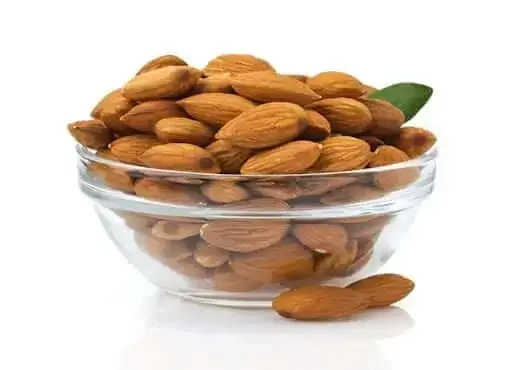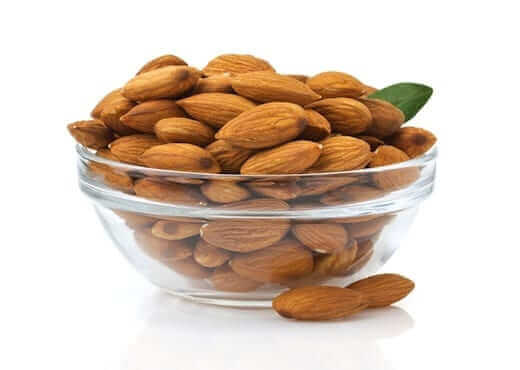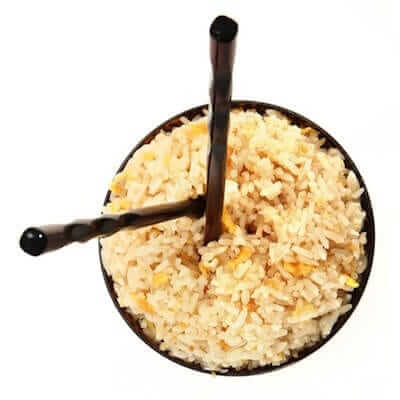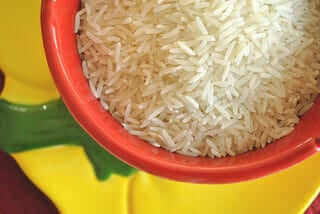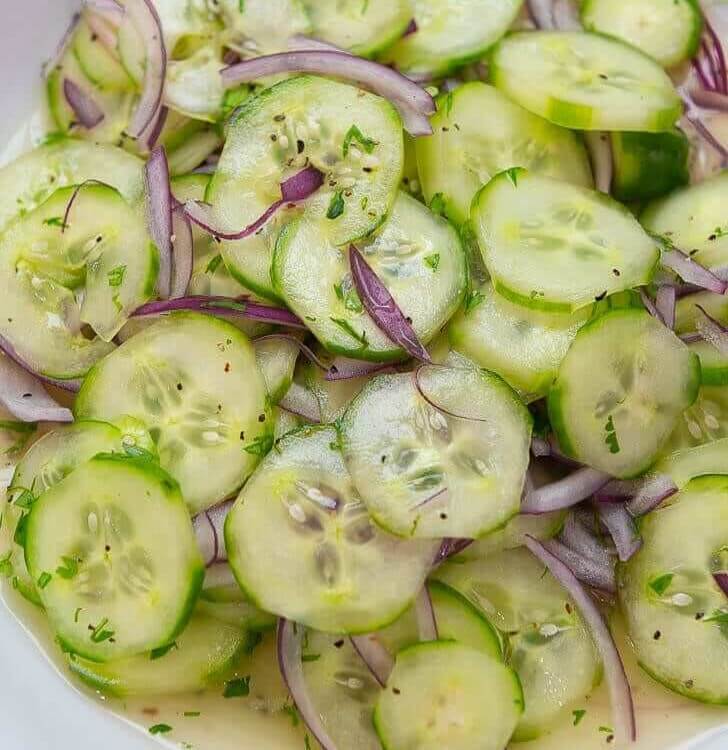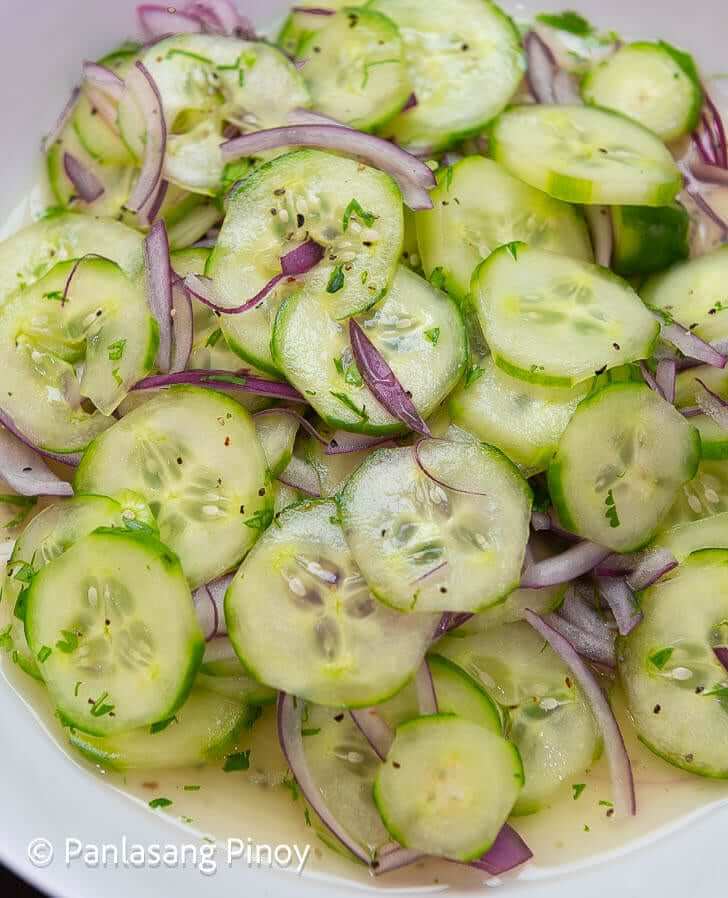Choline rich foods
Choline rich foods have a lot to do in terms of boosting ones memory. If you have exceptional memory, you probably have your mother to thank for it. This is because breastfeeding plays a crucial role in brain development in your early years. Breast milk is one of the top foods with choline. If you’re not familiar with the chemical choline, you will be very glad to know of its many benefits, some of which include improvement in memory, cellular health, nerve and liver function.

What is choline?
It is a chemical that is usually categorized with the vitamin B group. Your body creates it naturally but eating foods with choline can boost your levels significantly.
What are the benefits of choline?
Research suggests that choline enhances brain function, especially the part responsible for memory. It is also known to help the liver work properly, which is to cleanse your blood of harmful substances. It plays a part in keeping cell membranes healthy so that essential nutrients can enter cells to better our overall wellbeing.
Consuming choline is good for our movement because it allows the nervous system to communicate with muscles. It is said to reduce inflammation and prevent the buildup of a dangerous substance called homocysteine, which can lead to osteoporosis.
What are foods with choline?
Most people don’t pay attention to their choline intake because it is present in foods we eat daily. Among these foods are eggs, oats, chicken, butter, potatoes and peanuts. If you would like to enjoy the full benefits of foods with choline, you might start thinking of adding foods like scallops, turkey, shrimp, sardines, soybeans, cauliflower, Brussels sprouts, lentils, collard greens, wheat germ, sesame seeds and flax seed into your diet.
What are the symptoms of choline deficiency?
Some of the symptoms that indicate you might be running low on choline are fatigue, muscle problems, difficulty sleeping and changes in the amount of urine you expel. In severe cases of deficiency, you might experience high blood pressure, liver complications and forms of heart disease. In some instances, it may even cause infertility problems in both men and women. Do not self-diagnose. If you experience any of these symptoms, seek help from a medical practitioner first and ask for more advice on creating a choline diet.
Taking supplements
Choline supplements are popular among athletes because of the chemical’s ability to help nerve-muscle interaction. If you need a substantial amount of choline to recover or ease symptoms, let your doctor prescribe some supplements for you. Otherwise, sticking to a diet of foods with choline remains the best option.
How much choline do you need?
The standard recommended dosage is 425mg a day. This amount will vary from person to person. Since choline is highly beneficial for fetuses and babies, pregnant women and new mothers usually need slightly higher doses. Adding foods with choline to your diet or taking supplements can increase content in breast milk and facilitate healthy growth in children. Consult a professional before giving choline supplements to children.
Make sure you avoid consuming too much choline rich foods as this can cause symptoms similar to those of deficiency.
